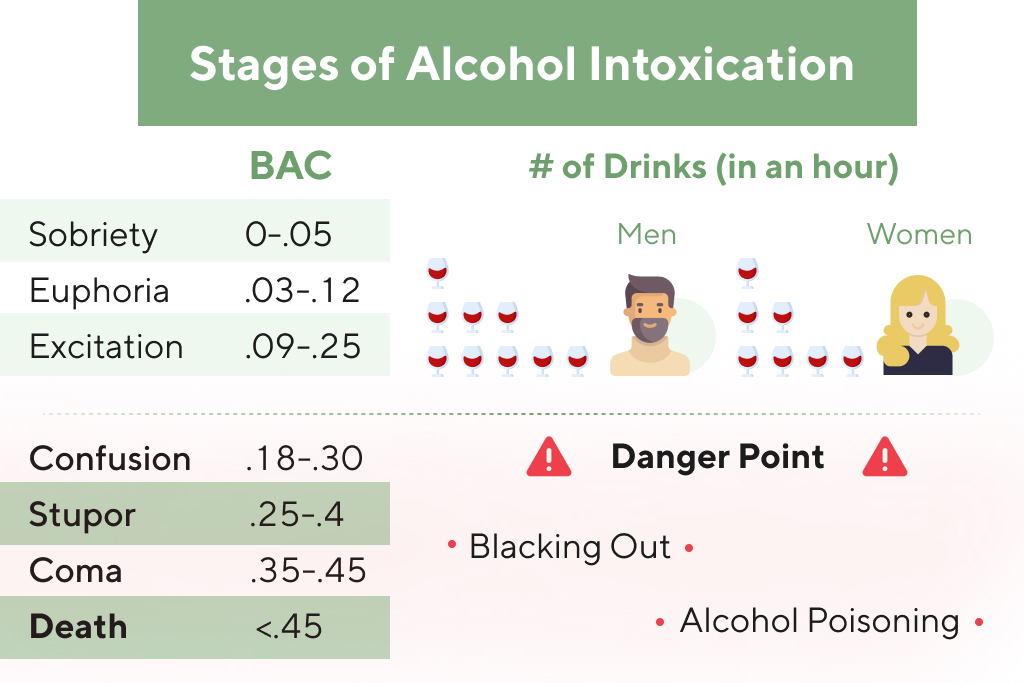However, someone who practices gratitude can appreciate the benefits sober living will have in their life and be better able to maintain sobriety. Area, Leah managed provider outreach for a Denver area safety net clinic aimed at providing pro bono services to immigrant and uninsured populations. Leah studied Political Science at the University of Colorado at Denver. Barb is a professional life coach, meditation instructor, retreat leader, writer, wife and mom to two young men, one of whom struggles with substance use disorder.
- Meditation can help you deepen your gratitude and calm your mind and body.
- With Thanksgiving quickly approaching, many of us may be reflecting on people and circumstances in our lives that we are grateful for.
- Gratitude will help you seek out these connections and communities, find and feel value in them, and share positive, connecting sentiments with people who have earned your trust.
Myth 2: Gratitude is just a naive form of positive thinking
Committed to sharing the transformational power of gratitude with others, he writes about his students, family and friends, remarkable coincidences, and small acts of kindness he’s experienced. Developing a mindset and behaviors that reflect gratitude is a skill, and it will take time to grow. If you’re new to recovery and you’d like to have more gratitude, here are nine practical ways to practice gratitude in recovery. Gratitude isn’t just a nice thing to practice — it’s essential for long-term recovery. Being grateful reminds us that even when things go wrong, there are still plenty of things to be thankful for. Having a grateful mindset allows to take on challenges with a positive mindset and instead of seeing relapse as a failure, we can see it as an opportunity to improve.

Practice the Gratitude Motions
Meditation encourages mindfulness – the practice of being in the present moment without judgment. Mindfulness helps you focus on all those everyday events and experiences that make you feel positive – and grateful. If you’re not able to practice gratitude in social settings or in Sober House your communication with people, practice gratitude introspectively by journaling or creating a gratitude list. Gratitude lists are a helpful tool for people battling addiction, depression, and other afflictions that impact the inclination and willingness to experience gratitude.
The Power of Gratitude: Expressing Appreciation and Cultivating Joy
However, people who used more positive emotion words and more “we” words in their gratitude letters didn’t necessarily have better mental health later. It was only when people used fewer negative emotion words in their letters that they were significantly more likely to report better mental health. In fact, it was the lack of negative emotion words—not the abundance of positive words—that explained the mental health gap between the gratitude writing group and the other writing group. First, by analyzing the words used by participants in each of the two writing groups, we were able to understand the mechanisms behind the mental health benefits of gratitude letter writing. We compared the percentage of positive emotion words, negative emotion words, and “we” words (first-person plural words) that participants used in their writing. Not surprisingly, those in the gratitude writing group used a higher percentage of positive emotion words and “we” words, and a lower proportion of negative emotion words, than those in the other writing group.
- You may also want to create a dedicated gratitude journal to keep you focused.
- And while this is completely true, what we can control is our thoughts.
- Research shows that grateful people are more empathetic and compassionate, which means being grateful may improve your communication and trust.
- Diane Dreher, Ph.D., is an author, researcher, and positive psychology coach.
How Can Gratitude Help During Tough Times in Recovery?
You need to be realistic in recognizing that sometimes you’ll have bad days. It might be a little harder to find the thing to be grateful for on those days, but you can find it. A quick way to practice gratitude is by making a list of things you’re grateful for in recovery each day.
Unlocking Recovery: CiR Paris Comprehensive Support
Quickly turning to tele-health and tele-visual individual and group counseling sessions, as well as establishing a 24-hour crisis hotline, Exponents retained over 95% of its program participants. Joe has often said that “…every crisis shines a bright light on our strengths and weaknesses”. https://missouridigest.com/top-5-advantages-of-staying-in-a-sober-living-house/ Indeed, the strength of Exponents that was gleaned from the COVID crisis, was the forging of a “community of hope”. Angelia has centered her career around improving treatment outcomes for those in recovery, as well as exploring research designed at substance use counselor development.
Make Gratitude a Daily Practice
David Beasley is a compassionate leader and the visionary founder of Design for Recovery Sober Living Homes, where he dedicates his life to helping individuals reclaim their lives from addiction. Practicing gratitude in recovery is not always easy, but it is always worth it. Gratitude can help you heal from the past, enjoy the present, and look forward to the future. It can also help you connect with yourself and others in a deeper and more meaningful way.
- Active addiction can damage your physical and mental health, relationships, finances, and your self-worth.
- Whether it’s a chance to sleep a little later in the morning or a meeting with an old friend, note it down.
- You’ll notice more things to feel grateful for, and you’ll open yourself up to new definitions of goodness and beauty.
- Research has found that gratitude can lower blood pressure, improve immune function, reduce inflammation, and promote better sleep.
- Choosing to stop using addictive substances and actively work toward recovery is a positive step.
